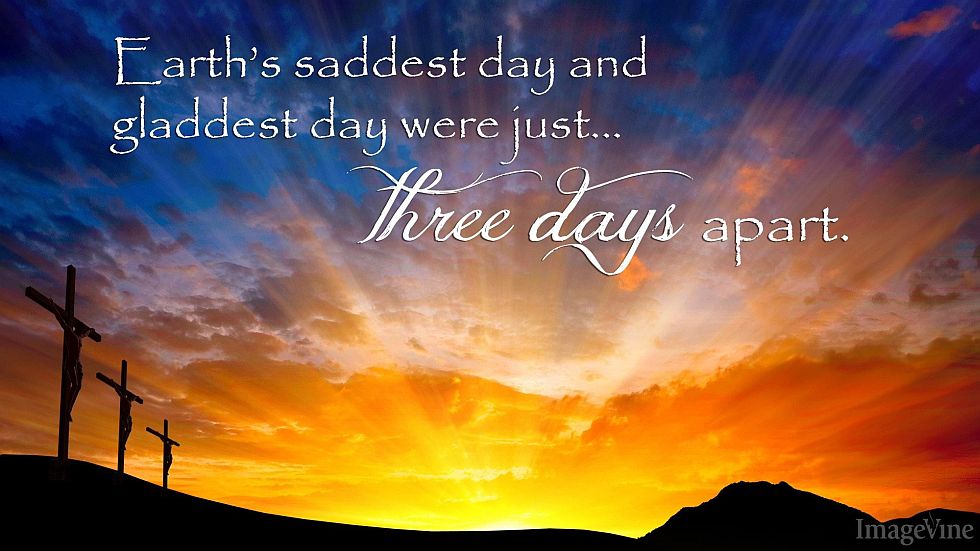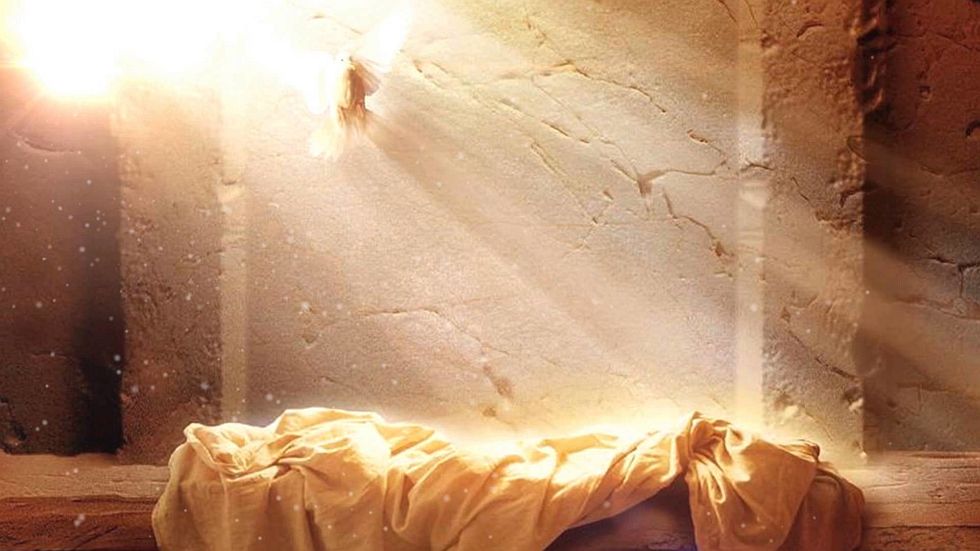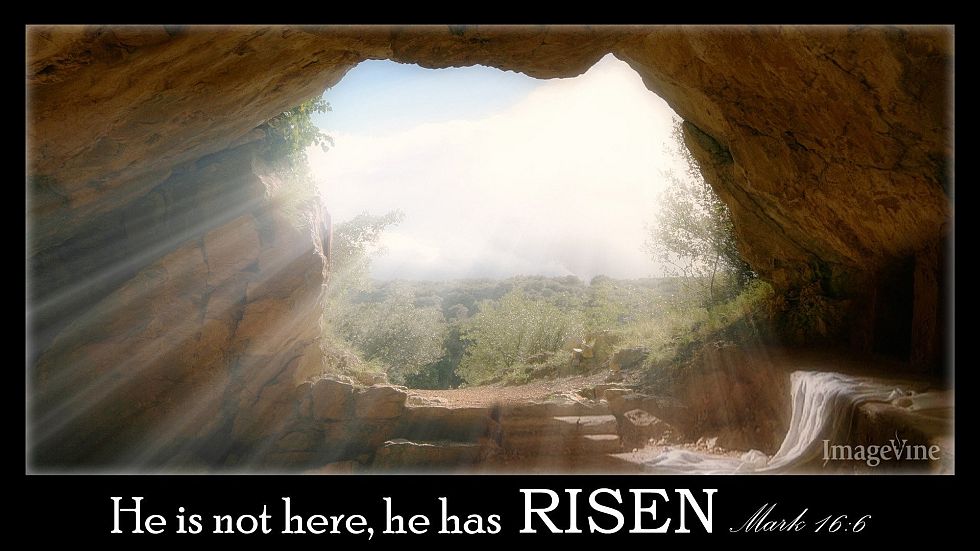One of the most evocative elements of the nativity story is the visit of the Magi described in Matthew’s Gospel. Some people think this episode is an insertion – a purely symbolic event that emphasises Jesus’ royal authority. But I think that if God exists, and his Son was born into his own creation, the story of the Magi makes sense.
It was common in Jesus’ day for people to believe that special stars heralded the birth of certain individuals. Magi did also sometimes act as diplomats, travelling to meet foreign rulers. It would have been unusual for them to travel so far west in response to a star – but perhaps they would have done so on a very special occasion.
This article is one in a series (Connecting with Culture) from the the London Institute of Contemporary Christianity.
The Magi were likely to be priests from Babylonia or Persia. They observed the stars, making astrological predictions based on what they saw. While astrology is certainly not science, the Magi displayed some characteristics that are beneficial among scientists today, including open-mindedness and tenacity. It is traits like these that have enabled scientists around the world to produce completely new vaccines – including the novel RNA ones – in record time.
God often used people from other nations, including the kings of Babylon in Daniel’s time, to accomplish his purposes. In a similar way, God used these people’s study of the stars to honour his Son’s birth. The Magi were willing to follow this star wherever it led, eventually paying their respects to a child in a very ordinary home – a far cry from the palace in Jerusalem where they expected to find him.
If the Magi were alive today, they might have been astronomers. From media stories about conflict between science and religion, and even debates among some Christians, we could easily think that these are some of the least likely people to find God. But a scientist’s drive to follow the data – especially historic, biblical, and experiential data in this context – has led some scientists I know to find God.
Perhaps there are people in your life who you assume wouldn’t want to talk about Jesus? A first-century Jewish audience might have thought the same about Eastern astrologers, but it seems they defied expectations. This Christmas, do we need to be a bit more open-minded ourselves, and ready to welcome those who have been on unexpected journeys in 2020?
—
Ruth Bancewicz
Church Engagement Director at The Faraday Institute for Science and Religion, Cambridge
This article is one in a series (Connecting with Culture) from the the London Institute of Contemporary Christianity.






